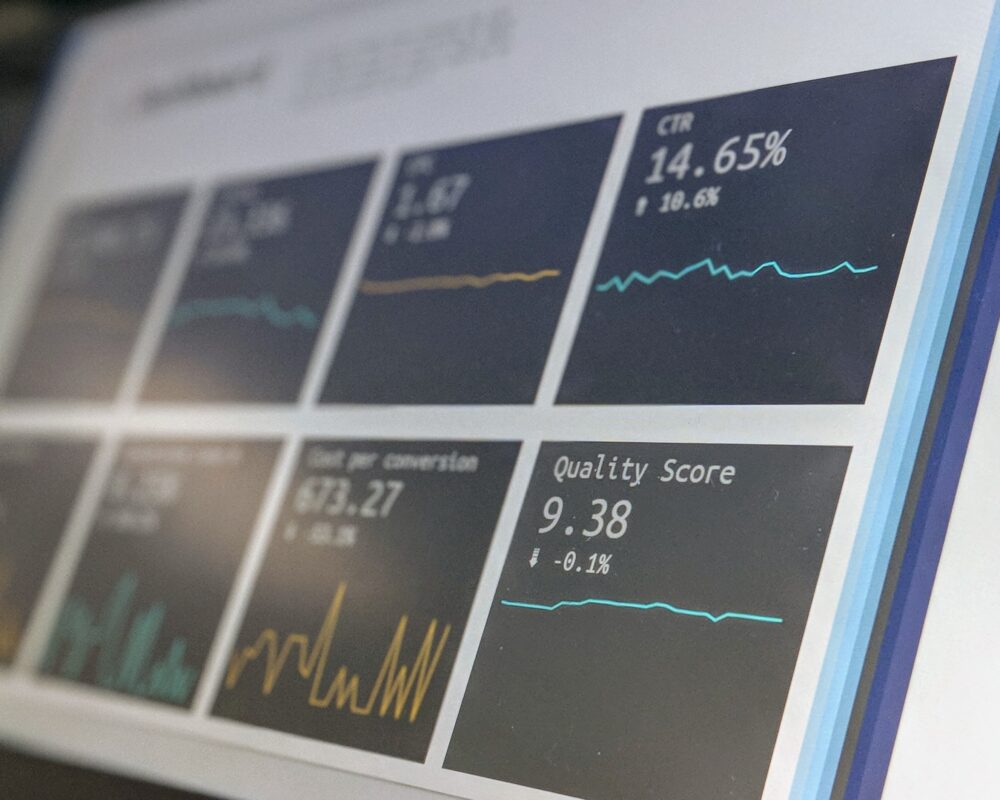With the introduction of GA4, users have started to experience some shortcomings with the tool.
Today, we’re looking at the limitations of GA4 and recommending four alternative analytics tools to consider in 2023.
Where is GA4 falling short?
GA4 is the latest version of Google Analytics, and it promises to be more advanced and flexible than its predecessor.
So far, the reception has been far from a warm one.
One of the biggest challenges with GA4 is its steep learning curve, making it difficult for many users to navigate and utilise its features fully.
Additionally, GA4’s data privacy policies have come under scrutiny from European Union (EU) regulators.
GA4 and data privacy and GDPR within the European Union
GDPR (General Data Protection Regulation) is a regulation passed by the EU in 2018 to protect EU citizens’ personal data privacy. Under GDPR, any website that collects personal data from EU citizens must comply with certain regulations.
In 2023, this is non-negotiable for businesses. However, GA4 has faced criticism for failing to meet these GDPR requirements.
As a result, many EU businesses are looking for alternative analytics tools that do comply with GDPR regulations.
Thankfully, there are a number of great options on the market.
What are the main GA4 competitors?
There are some fantastic analytics platform and some of the most notable ones are, in no particular order:
1 – Adobe Analytics
Contrary to popular belief, Adobe isn’t just a designer’s safe-haven. Adobe also offers Adobe Analytics —- a popular web analytics tool that offers features such as real-time data analysis, predictive analytics, and marketing automation.
It is beneficial for large businesses that need advanced analytics solutions to track customer behaviour and improve their marketing strategies.
It’s not quite as comprehensive as GA4, but it’s easy to use and a great alternative.
2 – Piwik Pro
Piwik Pro is an open-source web analytics platform that provides GDPR-compliant analytics solutions. Yes, GDPR-compliant. It offers features such as visitor tracking, conversion tracking, and user behaviour analysis.
It is beneficial for small to medium-sized businesses that need an affordable web analytics tool that puts a big tick in the GDPR-compliant box.
3 – Matomo
Matomo is another open-source web analytics platform that offers advanced features such as heatmaps, A/B testing, and custom reporting.
It is beneficial for businesses that need a highly customisable web analytics tool that can be integrated with other business tools.
4 – Plausible
Plausible is a lightweight web analytics tool that provides essential website analytics features such as pageviews, sessions, bounce rates, and referral sources.
It is a fast-growing tool for businesses that need a simple and affordable web analytics solution without compromising on data privacy.
Not all platforms are equal
When selecting an alternative analytics tool to replace GA4, it is essential to recognise that each platform has its unique merits and flaws. For instance, Adobe Analytics is well-suited for large businesses that require sophisticated analytics solutions, whereas Piwik Pro is an excellent option for small and medium-sized companies seeking an inexpensive web analytics tool that adheres to GDPR regulations. Matomo is a highly customisable tool that can be integrated with other business tools, making it ideal for organisations that require greater flexibility.
To make the right choice for your business, it is crucial to consider your specific needs, including your company’s size, budget, and data privacy requirements. By carefully evaluating the strengths and weaknesses of each platform, you can make an informed decision that will benefit your business in the long term.










